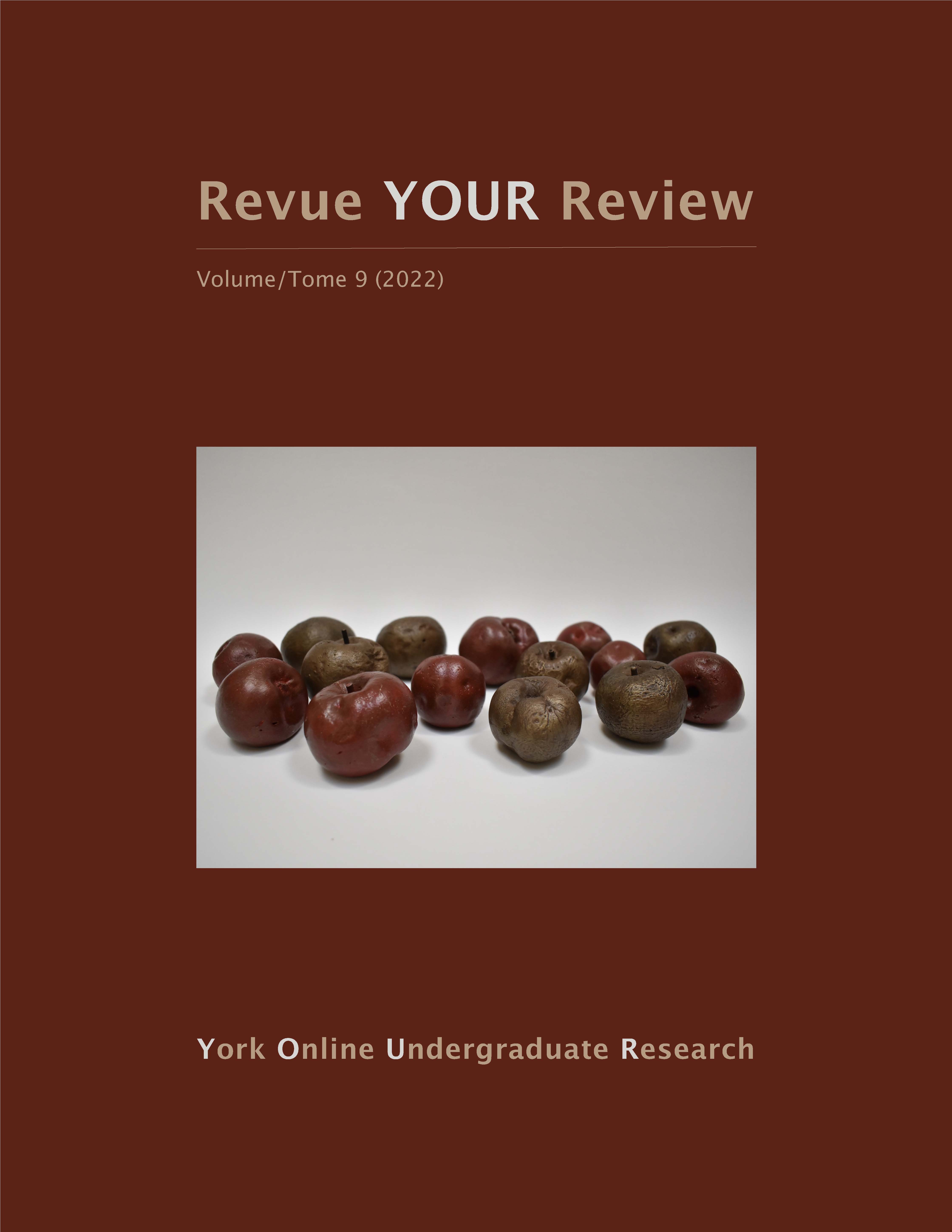Towards Revolutionary “Medicine”: Examining Western Medicine as a Colonial Tool
Abstract
This article explores how the field of medicine transformed societal values during the British colonial era, and how it continues to do so by asserting a Eurocentric view of medicine in former colonies. Based on Samir Amin’s claim that intrinsic to the accumulation of profit in empire was the rapid expansion of capitalism within the colonies (1990), I argue that the institution of capitalist relations in British India from the 18th to the 20th century relied heavily on the imposition of Western medicine. The continuing encroachment of these capitalist relationships in the post-colonial era prevents the revival of indigenous medicine and can be classified as a form of neocolonialism. I employ a plurality of theoretical frameworks from various political theorists—namely Federici, Robinson, Quijano, and Harvey—to demonstrate how Western medicine transformed ecological and social relations within the Indian subcontinent to service Britain’s colonial project. Through the use of each framework as a basis of analysis, I discuss how Western medicine altered gender and environmental relations and created new ones centered on race. I show how these altered relations served the underlying colonial project in British India. Finally, I explicate how neo-colonial forces, by disrupting ecological relations, have prevented the resurgence of indigenous medicine post-partition. The institutionalization of the specific social and ecological relations necessary to colonialism, and more broadly to capitalism, in the subcontinent were implemented, in part, through Western Medicine.
Downloads
Published
How to Cite
Issue
Section
License

This work is licensed under a Creative Commons Attribution-NoDerivatives 4.0 International License.
Authors contributing to Revue YOUR Review agree to release their articles under one of three Creative Commons licenses: Creative Commons Attribution 4.0 International; Creative Commons Attribution-NonCommercial 4.0 International; or Creative Commons Attribution-NoDerivatives 4.0 International. All editorial content, posters, and abstracts on this site are licensed under Creative Commons Attribution-NoDerivatives 4.0 International. For further information about each license, see:
https://creativecommons.org/licenses/
In all cases, authors retain copyright of their work and grant the e-journal right of first publication. Authors are able to enter into other contractual arrangements for the non-exclusive distribution of the e-journal's published version of the article (e.g., post it to an institutional repository or publish it in a book or in another journal), with an acknowledgement of its initial publication in this e-journal.


